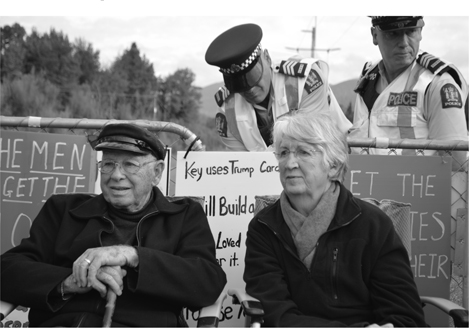3
I walked along the shingly rough beach again. It was a surly morning, cold, short, green waves curling and collapsing at my feet. I thought I might not come back, but then again, that a part of me might never leave. I knew about the margins of the world and about desolation. I knew something about coal. I understood that it was no longer as necessary in people’s lives as it had once been. Were coal miners easy for the world beyond to forget? There are times when your life feels as if it is falling apart, when you think you’re the only person in the world who is experiencing grief. I knew about accidents. Accidents happen. The moment is so sudden, so unpredictable.
But hadn’t the miners who shovelled coal in the Pike River Mine understood that things were not right? Wasn’t this accident one that could have been prevented?
‘Things fall apart, the centre cannot hold’ – that line from Yeats’ poem may be well worn but it’s still true. Grief is an irrational force, so overwhelming, so particular to the individual, that once it’s entered there’s no predicting how it will take and turn you. What is one person’s good decision is another’s hell.
Bernie and Kath, Anna, Sonya, Rowdy – broken hearts, all of them, just like mine. But now the team was divided, torn apart by their sorrow.
Ian walked beside me on the beach that morning. I had a plane to catch, back to Wellington and another ordered world, one where I could plunge once more into the daily round of life, the place where I kept myself intact after the fall. I could have let the mine go then, the way I was trying to let go of the past and not having much luck.
But some things you can’t quit. There were still no answers to what happened that day in the mine. The voices of the twenty-nine were still to be heard.

With Ian at the picket line.